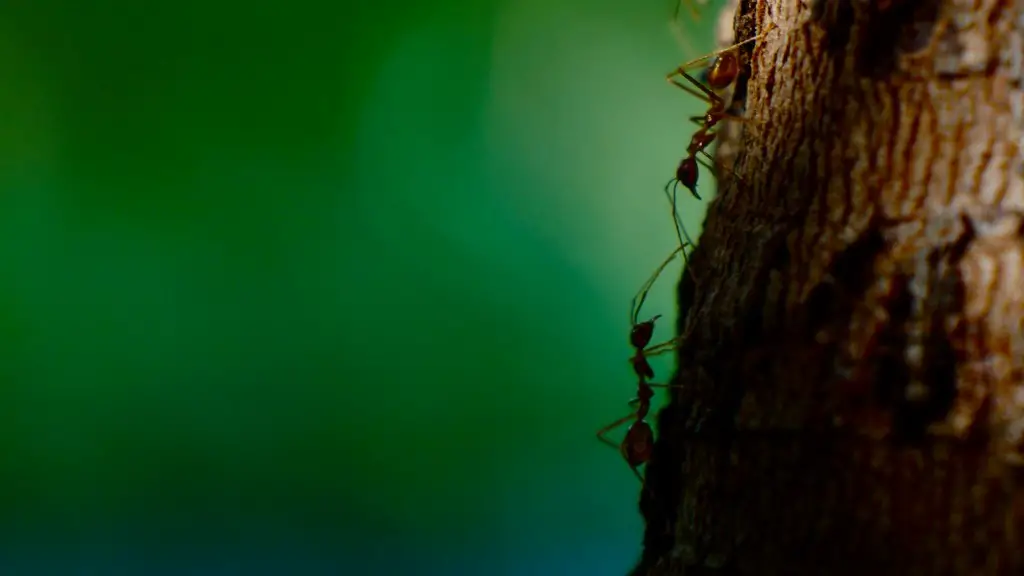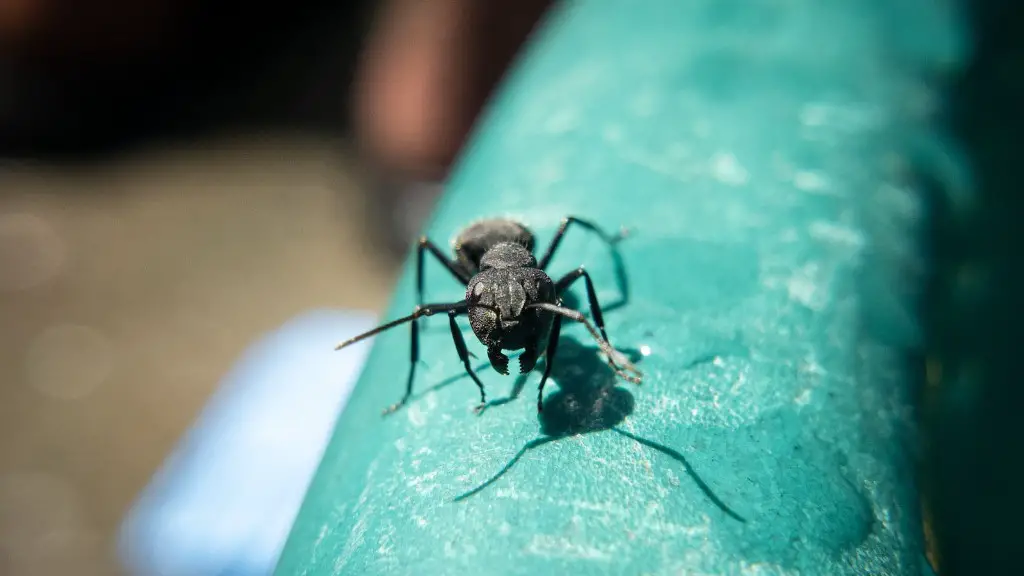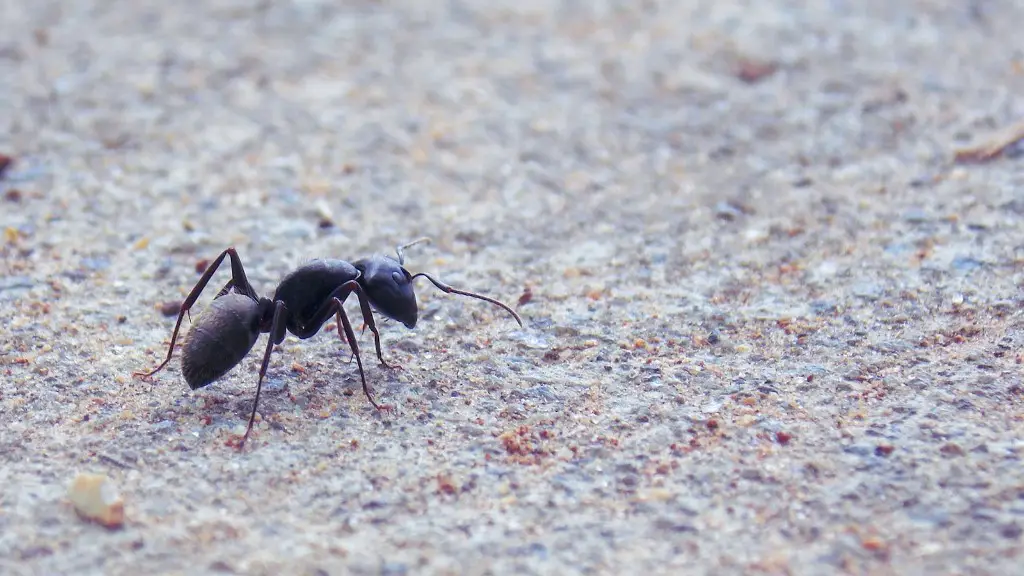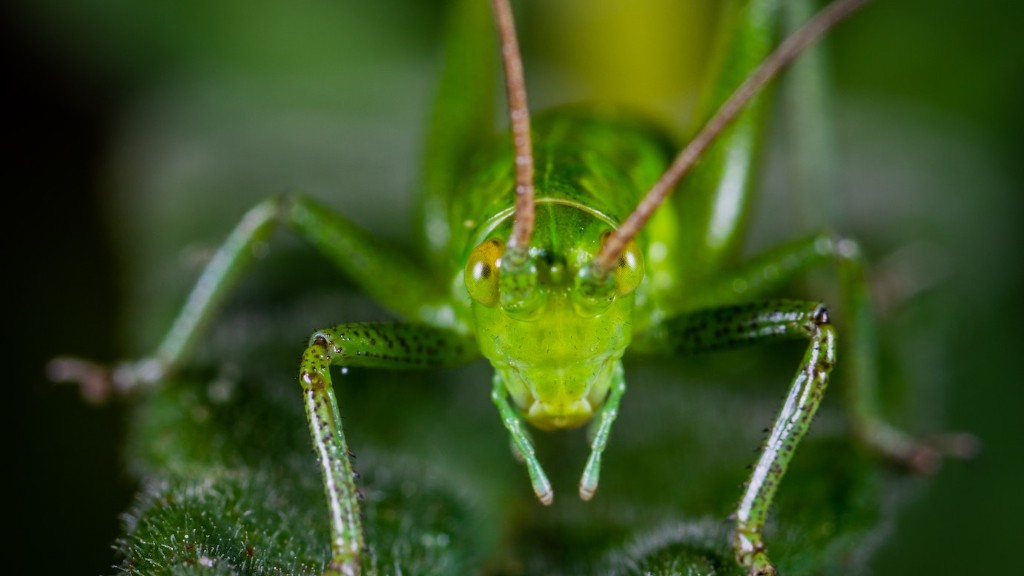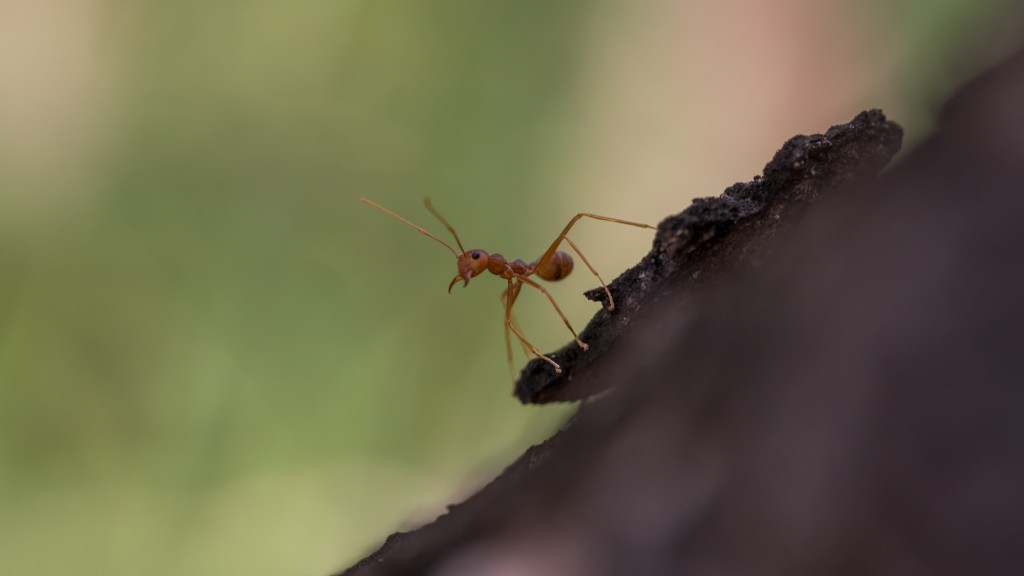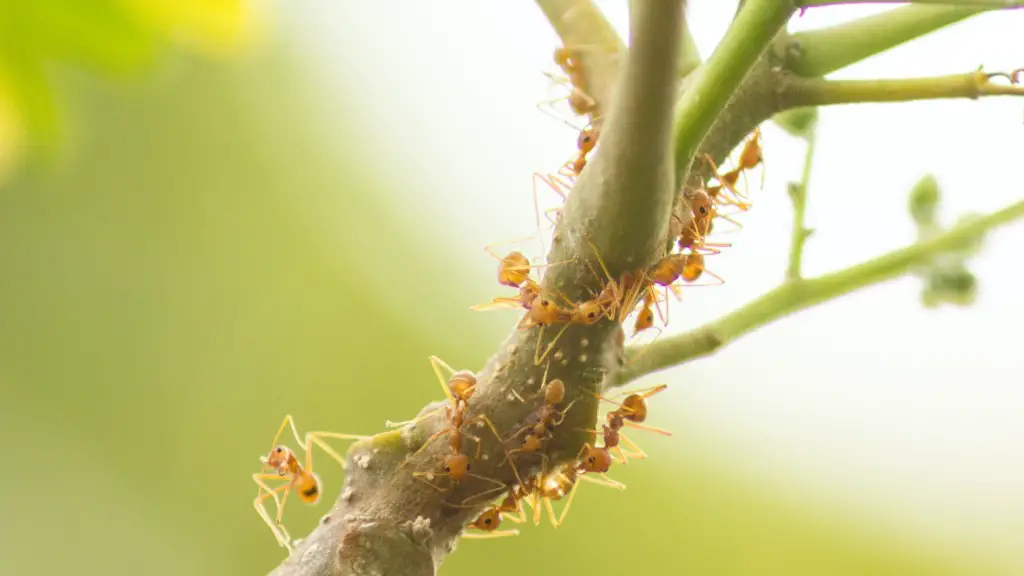How to Kill Ants off Plants
Having ants in gardens and greenhouses can be a difficult problem to solve. While ants are harmless in most instances, it is important to control them to keep plants healthy and thriving.
Ants can carry diseases, damage roots and carry aphids, which can also damage plants. Ants can be killed by using insecticidal sprays, baits and physical removal. It is important to note that ants are social insects and destroying their colony will do the trick.
Insecticidal sprays can be effective in killing ants, but they should be used carefully. These sprays should be applied directly to the ants and not on the plants themselves. It is important to spot treat with insecticidal sprays as much as possible, focusing on the areas that ants are active. It’s also important to use insecticidal sprays with a residual effect so that ants don’t return.
Another effective method of killing ants is to use baits. Ant baits contain an attractant that will draw ants to the bait, as well as a toxicant that will kill them. Ant baits come in various forms, such as liquid or granular, and should be placed in areas where ants are active. Ants typically carry the bait back to their nest, where it will kill the entire colony.
Physical removal is another way to kill ants. This method involves manually removing the ants from the area. It is important to note that this method should be used with caution, as ants may sting or bite. Ants can be removed by vacuuming them up with a handheld vacuum, using a brush to sweep them away, using a spray of soapy water, or using ant traps.
It is important to remember that ant control should be done regularly to prevent ant colonies from returning. The use of insecticidal sprays, baits, and physical removal are all effective methods of killing ants, but it is crucial to take the proper steps in controlling ants so that plants remain healthy and happy.
Insecticidal Sprays
Insecticidal sprays are a common method for killing ants off plants. These sprays contain active ingredients such as pyrethrins or synthetic pyrethroids, which are toxic to ants. It is important to use the spray according to the instructions provided, as over-application can damage plants. In addition, it is important to spot treat with insecticidal sprays and avoid treating the entire plant as this could damage it.
It is also important to use insecticidal sprays with a residual effect, as this will help keep the ants away after the initial application. If using insecticidal sprays, it is important to read the label carefully and use the spray as indicated.
When using insecticidal sprays, it is important to remember to wear protective gloves, eyewear, and a facial covering. This will help to protect the user from any spray that may come into contact with the skin.
Insecticidal sprays can be effective when used correctly, but it is important to remember that they should only be used as a last resort and in combination with other methods.
Baiting
Baiting is another effective method of killing ants off plants. Ant baits contain attractants and toxicants that will lure the ants away from the plants and towards the bait, which then kills the ants. Baits come in various forms, such as granular or liquid, which can be placed in areas where ants are active.
It is important to note that it can take several weeks for the ants to respond to the bait, so patience is important when using this method. In addition, it is important to monitor and replenish the bait as necessary so that it remains effective.
When using ant baits, it is important to ensure that children and pets are not able to access them. These baits are toxic to them as well, and should be kept in a safe place.
Baiting is an effective method for killing ants, but it should be used in conjunction with other methods. This will help to ensure that the ants do not return after the bait has been applied.
Physical Removal
Physical removal is another effective method of killing ants off plants. This method involves manually removing the ants from the area. This can be done by using a hand vacuum, a brush, or a spray of soapy water. It is important to use caution when removing ants, as some species can sting or bite.
It is also important to note that physical removal will not be effective in killing the entire colony. For this reason, it is important to use this method in combination with other methods to ensure that the ants are completely eliminated.
Physical removal is a simple and effective method of eliminating ants from plants, but it should not be used as the only method. It is important to use it in combination with other methods to ensure that the ants are completely eliminated.
Insecticidal Dust
Insecticidal dust is another option for killing ants off plants. This dust contains active ingredients such as boric acid, pyrethrins, and silica gel, which are toxic to ants. It is important to apply the dust directly onto the ants and not onto the plant itself, as this could damage the plant.
Insecticidal dusts can be effective in killing ants, but they need to be used carefully. It is important to read and follow the instructions on the label and to use protective gear when handling the dust. The dust is also only effective when it comes into direct contact with the ants, so it should be applied directly to the areas where ants are active.
Insecticidal dusts can be an effective way of killing ants, but they should only be used in combination with other methods. This will help to ensure that the ants are completely eliminated.
Final Words
Killing ants off plants can be a challenging task, but it is an important one. Using insecticidal sprays, baits, dusts, and physical removal are all effective methods for killing ants, but it is important to use these methods in combination to ensure that the ants are completely eliminated. Taking the proper steps in controlling ants will help to keep plants healthy and thriving.
